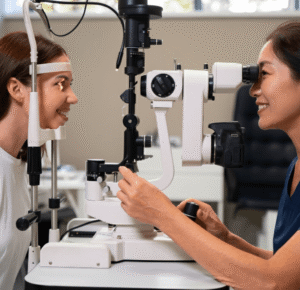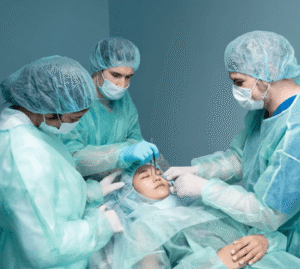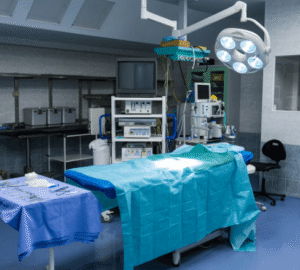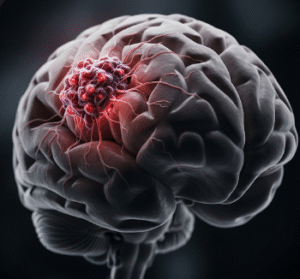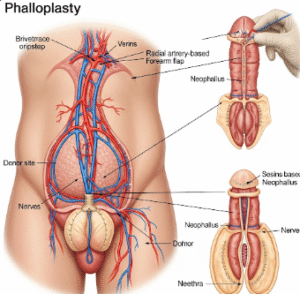Overview
Amnesia is a condition characterized by partial or complete loss of memory. It can affect a person’s ability to recall past experiences (retrograde amnesia) or form new memories (anterograde amnesia). While memory loss can be temporary or permanent, it often interferes with daily life, work, and relationships.
Amnesia can result from physical damage to the brain, psychological trauma, infections, or neurological disorders. Early diagnosis and treatment are crucial to prevent further cognitive decline and help patients regain memory function when possible.
In South Korea, hospitals and neurology centers are equipped with advanced diagnostic tools, rehabilitation programs, and cognitive therapies. Patients benefit from comprehensive care involving neurologists, psychologists, and occupational therapists.
Key Facts
Highlights:
➡️ Amnesia refers to a partial or complete loss of memory, which may be temporary or permanent.
➡️ There are different types, including retrograde (loss of past memories) and anterograde (inability to form new memories).
➡️ It can be caused by brain injury, stroke, infections, psychological trauma, or neurodegenerative diseases.
➡️ Early treatment and rehabilitation improve the chances of regaining memory function.
➡️ Korea offers advanced neurological care, memory clinics, and rehabilitation programs for amnesia patients.
What is Amnesia?
Amnesia is a disruption in the brain’s ability to store, retain, or retrieve information. The condition can be temporary, such as after a concussion, or long-term, such as in Alzheimer’s disease or after significant brain trauma. Some forms of amnesia are selective, affecting only certain types of memories, while others are generalized, impacting multiple memory domains.
What Symptoms are Related to Amnesia?
Symptoms of amnesia vary depending on the type and underlying cause:
- Forgetting recent events or conversations
- Difficulty recalling personal information or past experiences
- Inability to learn or retain new information
- Confusion about time, place, or people
- Repeatedly asking the same questions
- Personality changes or mood swings
- Loss of recognition of familiar objects or people
- Occasionally, seizures or neurological deficits if related to brain injury
What Causes / Possible Causes of Amnesia?
Highlights:
➡️ Brain Injury: Traumatic brain injury from accidents, falls, or sports injuries.
➡️ Stroke: Reduced blood flow to the brain can impair memory function.
➡️ Infections: Encephalitis, meningitis, or other brain infections.
➡️ Neurological Disorders: Alzheimer’s disease, dementia, or other degenerative brain conditions.
➡️ Psychological Trauma: Stress or emotional shock can trigger dissociative amnesia.
➡️ Medications or Substance Abuse: Certain sedatives, alcohol, or drugs can impair memory.
➡️ Hypoxia: Lack of oxygen to the brain during events like cardiac arrest.
When Should I See My Doctor?
Highlights:
➡️ If memory loss is sudden, unexplained, or affects daily functioning.
➡️ If confusion, disorientation, or personality changes accompany memory problems.
➡️ If there is a history of head trauma, stroke, or neurological disease.
➡️ If memory problems interfere with work, school, or social life.
➡️ If memory loss is progressive, suggesting degenerative conditions.
Care and Treatment
Treatment of amnesia focuses on addressing the underlying cause and supporting memory function:
Highlights:
➡️ Addressing Underlying Conditions: Treating infections, stroke, or brain injuries that contribute to amnesia.
➡️ Medications: Certain drugs may help manage symptoms in neurodegenerative diseases.
➡️ Cognitive Rehabilitation: Memory exercises, mental stimulation, and structured routines improve function.
➡️ Psychotherapy: For amnesia triggered by psychological trauma, therapy helps recovery.
➡️ Lifestyle Support: Adequate sleep, healthy diet, and social engagement aid memory improvement.
➡️ Assistive Tools: Diaries, reminder apps, and structured schedules help manage daily life.
➡️ Family Education: Educating caregivers and family members ensures appropriate support and understanding.
Treatment Options in Korea
South Korea provides world-class neurological and rehabilitation care for amnesia patients.
Highlights:
➡️ Advanced Diagnostics: MRI, CT scans, EEG, and neuropsychological assessments for accurate evaluation.
➡️ Specialized Memory Clinics: Hospitals offer structured programs for memory rehabilitation.
➡️ Cognitive Therapy: Occupational and cognitive therapists provide targeted exercises to improve memory.
➡️ Medication Management: Neurologists prescribe medications for underlying conditions like Alzheimer’s or dementia.
➡️ Integrated Care: Collaboration between neurologists, psychologists, and rehabilitation specialists.
➡️ Medical Tourism Services: Korea offers tailored packages for international patients, including interpreter services and coordinated care.
➡️ Long-Term Follow-Up: Structured monitoring to assess progress and prevent further cognitive decline.





